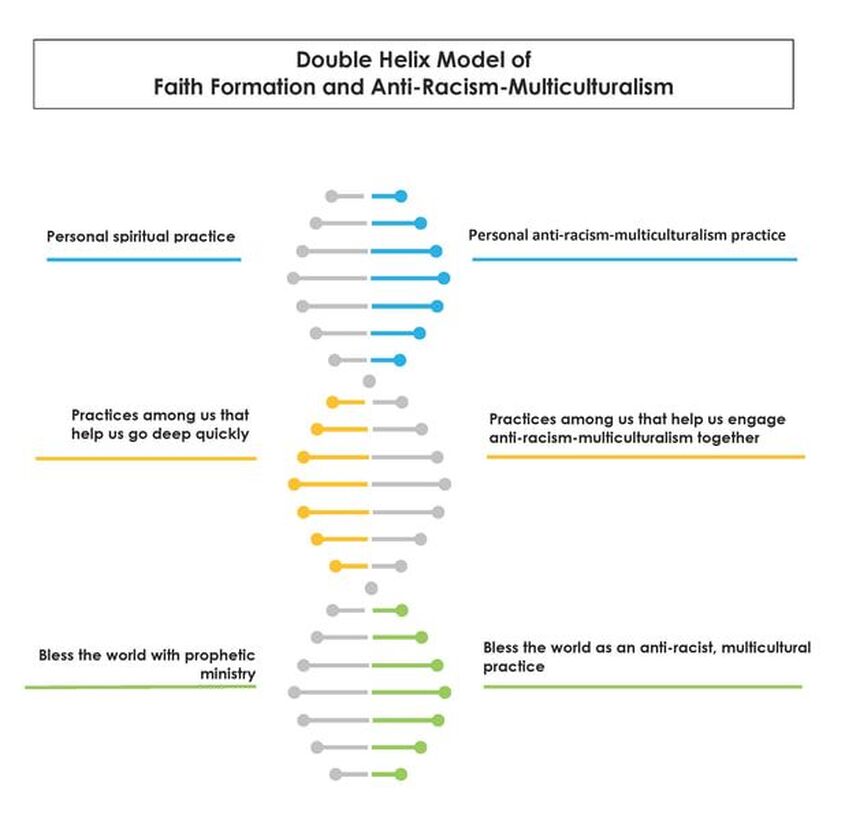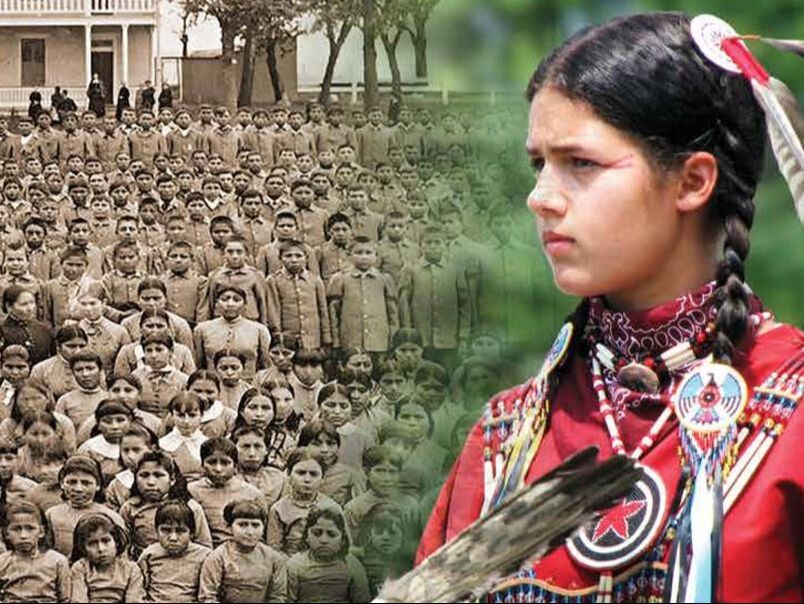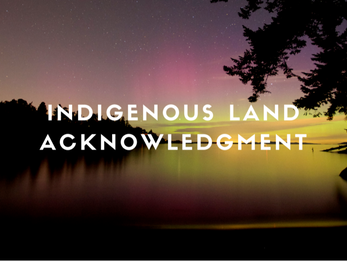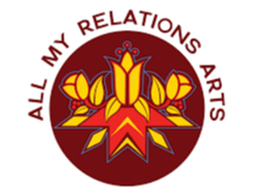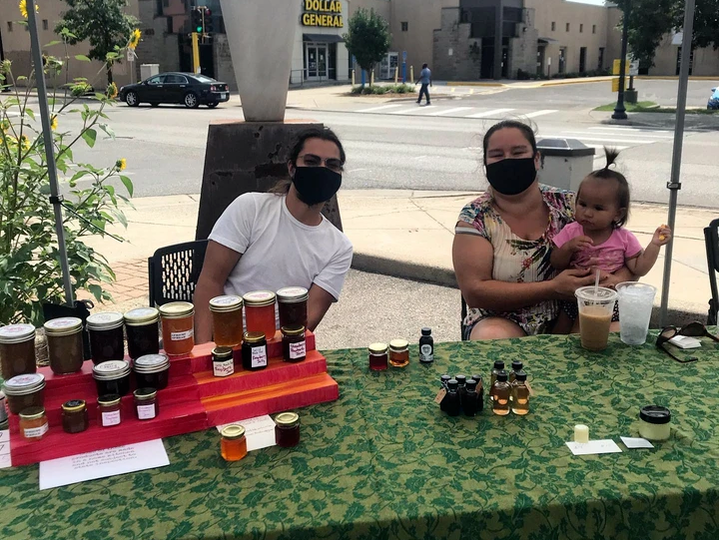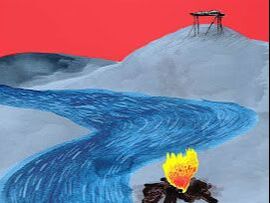|
Beloved Community Communications Team
“SoulWork” is going to that deep place of truth and value, according to Rev. KP Hong. On Saturday morning, September 25, 2021, over 55 of us gathered for a rich and rewarding program to learn more about how our personal and communal spiritual development intersects with our goal of a multicultural antiracist community. Like the double helix of DNA, the two strands wind around each other and are inextricably linked to help us grow and live into our best selves. KP, Laura Park, and Angela Wilcox of the Beloved Community Staff Team have been working on the “Double Helix Model of Faith Formation and Antiracism-Multiculturalism,” for many months. This tool is designed to help individuals and ministry teams look at how we work among ourselves at the intersection of “me” and “we,” and evolve in how we do racial justice work. During the morning event, KP and Alfonso Wenker from Team Dynamics, and Angela and Laura took turns offering perspectives to help provide a framework for the new model. Then, we went into breakout rooms by ministry group and discussed the practices and rituals that bring us closer and connect us to the work we do together. The Double Helix Model (below) helps us see that there is no dividing line between our faith and our actions. Watch for more information to come about Unity’s approach to connecting faith formation and racial justice — SoulWork.
0 Comments
Becky Gonzalez-Campoy, Beloved Community Communications Team
A year ago this month a local storyteller planted the seed for what is becoming Unity’s Indigenous Justice Community Outreach Ministerial Team. Rev. Jim Bear Jacobs, a member of the Stockbridge-Munsee Mohican Nation and cultural facilitator working to raise public awareness of Native American causes and injustices, joined members of Unity Church for a conversation about restoring broken trust and congregational approaches to reparations with Indigenous Peoples. His story centered around his grandmother’s boarding school experience, one that robbed her of both her culture and her voice. The U.S. government funded more than 350 boarding schools across the country during the 19th and 20th centuries and they were often run by churches, including at least one with ties to the Unitarian denomination. Rev. Jacobs wrapped up his talk with a call to action, outlining three areas congregations should consider if committed to providing reparations to the Native American tribes: 1) help local Dakota and Ojibwe communities to reclaim their language and culture; 2) develop a meaningful relationship with members of the local Native American community through spiritual life exchange; 3) create a pathway to return the land upon which Unity sits to its rightful owners. He cautioned that these steps will take years to achieve. First, we must restore trust. Many of us emerged from Rev. Jacob’s presentation ready to go to work, and came together to take action. In the months since then — and in spite of Covid-19 limiting factors — we have begun to build a solid foundation upon which we can begin to tackle the charges set forth by his call to action. We began preparation last spring to submit a Community Outreach Ministry Team application to Unity’s Executive Team in the coming months, knowing that we must connect vocational calling, spiritual practice, and thoughtful planning to make a real difference. Among the many reasons our members cited for working on behalf of Native American justice is that this group is often overlooked in antiracist advocacy. Their sheer lack of numbers keeps their voices largely unheard. We want to change that. We collect and send out monthly alerts about Native American cultural events and opportunities to volunteer or support Native-owned businesses. We hosted a Wellspring Wednesday presentation by the Native American Boarding School Healing Coalition (NABS) in May 2021, an educational event to encourage congregational learning about the traumatic impact of boarding schools on Native American children and their families. We arranged for one Sunday offering to go to support NABS. And thanks to church member James Oberly, retired history professor from University of Wisconsin-Eau Claire, we provided NABS with information about the school sponsored by the Unitarians to add to their research database. Our current Indigenous Justice team brings together many talents and connections to other organizations and Community Outreach Ministry Teams such as the Minnesota Multi-Faith Network, Minnesota Unitarian Universalist Social Justice Alliance, United Theological Seminary, and Unity’s Act for the Earth Team. In building these relationships, so much of our work intersects. We invite those committed to Native American reparations to take the next step and join us as we continue to build our Indigenous Justice Community Outreach Team and seek community partners. For more information, contact Becky Gonzalez-Campoy ([email protected]) or Rev. Shay MacKay ([email protected]). For additional information about Indigenous justice work, see these resources: |
Topics
All
Beloved Community ResourcesUnity Justice Database
Team Dynamics House of Intersectionality Anti-Racism Resources in the Unity Libraries Collection Creative Writers of Color in Unity Libraries The History of Race Relations and Unity Church, 1850-2005 Archives
July 2024
Beloved Community Staff TeamThe Beloved Community Staff Team (BCST) strengthens and coordinates Unity’s antiracism and multicultural work, and provides opportunities for congregants and the church to grow into greater intercultural competency. We help the congregation ground itself in the understanding of antiracism and multiculturalism as a core part of faith formation. We support Unity’s efforts to expand our collective capacity to imagine and build the Beloved Community. Here, we share the stories of this journey — the struggles, the questions, and the collaborations — both at Unity and in the wider world.
The current members of the Beloved Community Staff Team include Rev. Kathleen Rolenz, Rev. KP Hong, Rev. Lara Cowtan, Drew Danielson, Laura Park, Lia Rivamonte and Angela Wilcox. |
